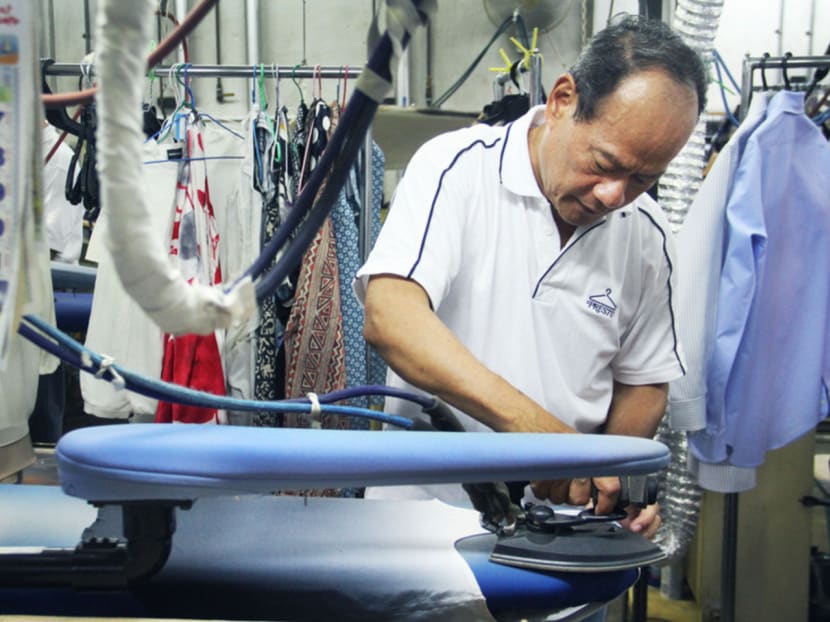SMEs win 80% of govt tenders, account for more than half of contract value
SINGAPORE — More than 80 per cent of government tenders were awarded to small and medium enterprises (SMEs) in the past two years, including major construction contracts worth up to S$100 million, Senior Minister of State (Finance) Josephine Teo said yesterday to allay concerns that these companies may be at a disadvantage because of their size and lack of track record.
SINGAPORE — More than 80 per cent of government tenders were awarded to small and medium enterprises (SMEs) in the past two years, including major construction contracts worth up to S$100 million, Senior Minister of State (Finance) Josephine Teo said yesterday to allay concerns that these companies may be at a disadvantage because of their size and lack of track record.
The 80 per cent accounted for about 55 per cent of total tender value, “significantly higher” than in other countries such as the United Kingdom, she said at the Committee of Supply debate for the Ministry of Finance in reply to a question on whether SMEs have been able to compete effectively for government contracts.
For sizeable contracts, such as construction contracts valued between S$50 million and S$100 million, SMEs clinched about 60 per cent of the tenders last year, she said. Opportunities were also given to smaller SMEs — those with less than S$10 million in annual turnover, with more than a third of government tenders awarded to them, she added.
Ms Jessica Tan, Member of Parliament (MP) for East Coast GRC, had said SME participation in government procurement is a potential platform for them to gain recognition, and eventually create jobs for Singaporeans.
Mr Liang Eng Hwa (Holland-Bukit Timah) and Mr Lim Wee Kiak (Nee Soon) raised questions about the manpower crunch in the public sector and asked how the higher demand for public services will be met with the launch of many new initiatives.
Ms Teo said better coordination between agencies to avoid duplication of resources will be sought, while a robust inter-agency framework may work better for complex programmes.
Investing in training to maximise the potential of officers and leveraging on technology will improve productivity in the public sector, she said. Delivery of government services via electronic means will also be improved, she added.
On taxes, Ms Teo warned that the Inland Revenue Authority of Singapore (IRAS) will keep a tight watch on high-income earners who try to evade personal income tax. Nominated MP Associate Professor Randolph Tan had asked about the risk that the increase in personal income tax rates will result in lower receipts.
“The main risk is that our economy loses its entrepreneurial dynamism. If that happens, it will be difficult to grow incomes not just for the top-end but also the broad majority of our population. Another risk is that high-income earners may set up companies essentially to avoid higher personal income taxes, and pay corporate income tax instead.”
“I should say this, and make it very clear — that we take the evasion of tax seriously, and IRAS will closely monitor corporatisation behaviour … In cases where companies are being set up mainly to avoid personal income taxes, IRAS’ approach is to disregard the corporate structure and assess the income on the individuals,” she said.







